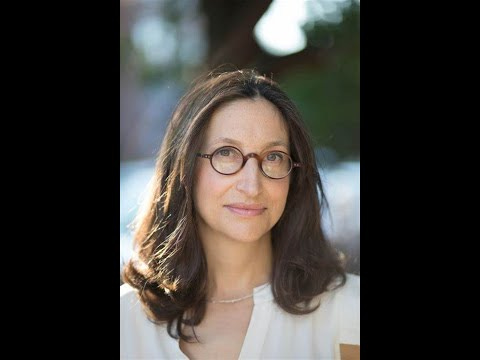"We're Looking for the Setting to be Palpable." A Chat with Jennifer Acker, Editor of The Common
Editor of place-based magazine takes us behind the scenes
Good day! I come with news of our first 2024 editor interview, freshly wrapped!
Today I had the pleasure of speaking with Jennifer Acker, Founding Editor of The Common.
The Common is a literary organization whose mission is to deepen our individual and collective sense of place.
Based at Amherst College, we aim to serve as a vibrant common space for the global exchange of ideas and experiences through three main areas of activity: publishing, public programming, and mentorship and education.
Jennifer started the journal in 2011 with the desire to create a lit mag dedicated to writing with place as its focus. Such writing explores questions like, “What does it mean to be from somewhere?” and “What does it mean to be placeless?” Included in the large category of place this magazine accepts are imaginary places, digital spaces, the past, the future, and of course real places.
One of the real places Jennifer named as an example was a hospital room. I found this interesting since whenever I think of The Common my mind immediately goes to spaces outdoors. So, I wondered, how does a writer emphasize the element of place in a mundane setting such as a hospital room or, say, living room? What distinguishes a work that is simply set somewhere from a work that is really about the place?
Jennifer had great answers to these questions. She talked about the senses as a means to bring a space alive in a work. “Senses are what create a place.” Hense, a sense of place. She advised writers to remember all five senses when they write. She also emphasized the way space can be used to reveal a character or speaker’s worldview. The setting ought not be static description, but rather something that is an active shaper of the narrative.
Naturally, I wondered whether Jennifer ever gets tired of reading work all themed around place. Happily for us writers, she said No, she doesn’t. Each work is unique, and each writer has something different to say on the subject.
Relatedly, one of the things she enjoys most about editing a lit mag is working with authors. This magazine does hands-on revision with writers. As Jennifer said, they want “promise and potential rather than polish.”
This does not mean you shouldn’t send your absolute best work. On the contrary, this magazine is extraordinarily competitive. They accept fewer than 1% of fiction submissions and roughly 7% of poetry. The editors do solicit work from writers and some pieces go directly to the editor from agents. However, most work that gets published comes from “the slush pile.” Work is read anonymously. One of the joys of editing a magazine, Jennifer said, is discovering new writers. “We’re on the ground floor.”
So then, what are some common pitfalls writers should look out for when writing about place? What does this editor specifically want to see more of? What types of close-but-not-quite-right submissions do they see too much of? And what should writers do one final time before hitting Send on their submissions?
For all that and more, dear friends, you will have to tune in!
The Common is open two times per year for fiction, nonfiction, translations, literary criticism and poetry. Submissions are open for no fee and year-round to the journal’s subscribers. They are also open year-round for their Dispatches column, for which Jennifer said she’d love to see more submissions.
They are also always open to volunteer readers. To become a reader, email info@thecommononline.org.
To everyone who came out today to join the discussion, thanks for tuning in! Your faces are the bright cloud-parting sunshine on my rain-wintry January day.
And, of course, thank you to Jennifer for taking us behind the scenes of another lovely little magazine.
Happy viewing!




This was very helpful. Thanks for facilitating this conversation, Becky! I've gotten a few "nice" rejections from The Common, and I'm seeing now why, ultimately, they didn't take those stories.
Empty House is also focused on writing about place.
"We are looking for writing that addresses the way narrative and presence adhere to place and the way they vanish...."
They are open now for submissions.
LINK: https://www.emptyhousepress.com/about